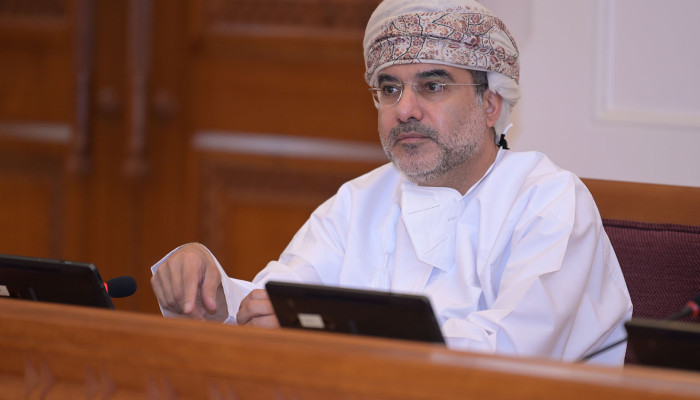
Muscat: More Omani women must be encouraged to take up jobs in fashion design, tailoring, and embroidery, and need to be given the right support, the Youth and Human Resources Committee of the Majlis Al Shura has said.
The committee made these suggestions after the Shura Council raised the idea of employing more local women in these fields, given their employment opportunities and economic contribution.
To share their insights and take this plan forward, the committee hosted Nasr bin Amer Al Hosni, the Undersecretary of Labour at the Ministry of Labour, along with representatives from the Ministry of Commerce, Industry and Investment Promotion and the Oman Chamber of Commerce and Industry.
The meeting was chaired by Younis bin Ali Al Mandhari, the head of the committee, and in the presence of its members, who discussed the controls and standards set by the competent authorities to regulate women's sewing shops, and sought the opinion of the authorities on proposals to feminise the profession of fashion design, tailoring and embroidery.
Also discussed were the support these professions will need in the Sultanate, as well as the hurdles preventing their Omanisation across the various governorates, and the need to restructure these professions so that they can be overcome.
The proposal by the committee looks at the qualitative Omanisation of these jobs, by putting more effort to develop more effective strategies to advance the fashion and clothing industry in the country.
It also addresses the issue of setting up a specialised institution in this field to provide professional advice, and courses in the design and fashion industry.
So far, the absence of such a body, said the committee, has led to the absence of proper work processes and professionalism required in these fields. An institution of this nature would help provide work to locals, and supervise the development of the fashion and clothing sector in the country. This would include giving it the power to open factories to manufacture clothes, textiles, and embroidered goods, with the aim of making Oman one of the leading countries in the fashion industry to help cover local demand for goods, and subsequently create enough to export them later.
It was also suggested that programmes be run to spread awareness on the economic and social importance of this sector, the educational and training courses required, and how this will help economic diversification in the country.
This would help encourage more Omanis to engage in work, and develop local talent capable of handling the jobs created in these fields.